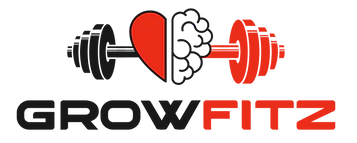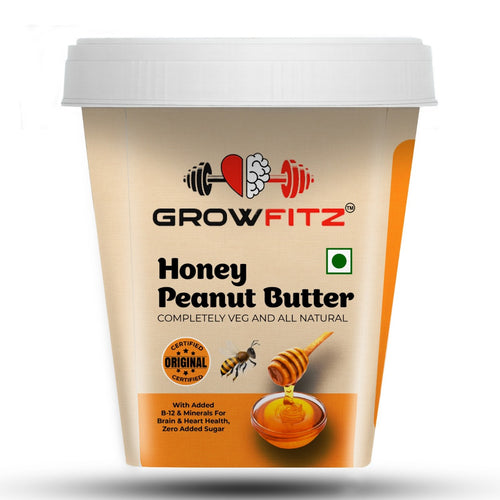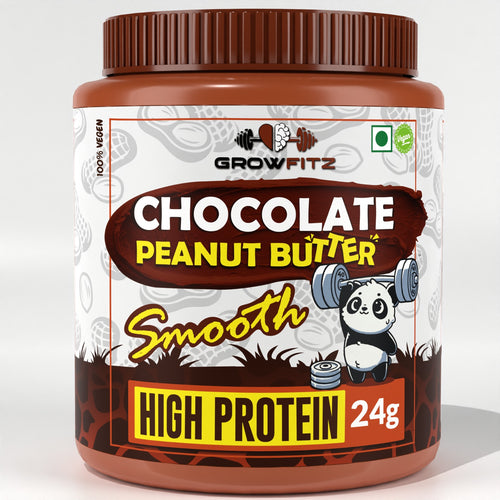Peanut butter is a food paste or spread made from ground dry roasted peanuts. It often includes additional ingredients that modify the taste or texture, such as salt or sugar. Peanut butter is famous worldwide, and many people regularly include it in their diet due to its taste and health benefits.
Peanut butter can be easily found in any grocery store. Peanut butter is a mixture of ground dry roasted peanuts and salt. It contains many calories and fats, so it is often included in the list of foods to avoid during dieting. However, peanut butter has several benefits, nutrition, and side effects.
Benefits:
1. Aids in Weight Loss
Peanut butter contains healthy fats, which provide the body with sufficient energy for maintaining necessary bodily functions and help in weight loss. The fats present in peanut butter can lower LDL (bad) cholesterol levels and increase the HDL (good) cholesterol levels in the blood. It helps in maintaining a healthy heart and cardiovascular system.
2. Lowers cholesterol levels
Peanut butter contains unsaturated fats, which are suitable for the heart. It lowers LDL (bad) cholesterol levels and increases HDL (good) cholesterol levels in the blood, which reduces the risk of cardiovascular diseases.
3. Good for pregnant women
Peanut butter is good for the unborn baby's brain development as it contains folic acid or folate. It is recommended to pregnant women for the baby's healthy growth as it provides proteins, iron, and calcium required by the growing baby.
4. Provides relief from constipation
It is one of the significant peanut butter benefits. Consumption of peanut butter helps offset the effects of constipation by adding bulk to the stool. This bulk can make it easier to pass stools, which helps in relieving constipation.
5. Reduces the risk of Type 2 Diabetes
Consumption of unsaturated fats in peanut butter helps reduce the risk of Type 2 diabetes. Unsaturated or healthy fats are beneficial for the body and do not increase insulin resistance.
6. Healthy for heart and skin
Peanut butter contains vitamin E, an antioxidant that keeps the skin healthy. It helps protect your skin against free radicals, which are harmful to the skin and cause signs of ageing like wrinkles and fine lines. It also helps in preventing hair loss and nail problems.
7. Helps in building strong bones
Peanut butter contains healthy fats, protein and iron, essential for the body. The protein present in peanut butter helps in building strong bones and nails. It also provides calcium which strengthens the bones and prevents bone diseases.
Nutrition:
1. Vitamin E
Vitamin E is an antioxidant essential for healthy skin and cardiac functions. Peanut butter nutrition contains vitamin E in abundance, beneficial for a healthy heart and skin. The consumption of peanut butter helps achieve a healthy cardiovascular system as it contains both vitamin E and unsaturated fats. This can lower the risk of heart diseases. It also contains vitamin E, which helps fight free radicals and reduces the risk of cancer.
2. Iron
Iron is required to form red blood cells and maintain haemoglobin levels in the body. Peanut butter contains high amounts of iron, good for the body. It helps maintain healthy levels of hemoglobin which provide necessary oxygen to all parts of the body.
3. Folic Acid
It is essential during the early stages of pregnancy when it helps in reducing congenital disabilities in babies during fetal development.
Side Effects:
1. High in calories and fats
One of the Peanut butter side effects is it contains a high amount of calories, leading to weight gain if consumed in excessive amounts. Consuming peanut butter can increase body weight because of its high-fat content. It is advisable to consume only a tablespoon of peanut butter daily as it contains healthy fats suitable for the body.
2. May trigger allergy
People who are allergic to peanuts should avoid peanut butter as it contains traces of peanuts. In some cases, patients who are allergic to peanuts also show allergy symptoms when they consume peanut butter.
3. May increase blood cholesterol levels
There is a chance of increasing LDL (bad) cholesterol levels in the body when more than two tablespoons of peanut butter are consumed daily. In some cases, LDL cholesterol levels increase when only a single tablespoon of peanut butter is consumed. High LDL cholesterol levels may increase the risk of heart diseases.
4. May trigger autoimmune disorders
Regular peanut butter intake can lead to many autoimmune disorders, including arthritis.
5. Not suitable for infants
Infants below the age of one year should not consume peanut butter as they are allergic to nuts. They develop allergies when consuming peanut butter or any other nut or food containing peanuts.
Conclusion
Peanut butter is one of the healthiest foods you can include in your diet. This is because it contains healthy saturated fats, suitable for the body. In addition, the unsaturated fats present in peanut butter helps in reducing the risk of heart diseases.
Peanut butter is good for the body as it contains healthy fats and Whey proteins. It is also a rich source of vitamins and minerals, especially vitamin E. Therefore, it is advisable to consume peanut butter in moderation for a healthy body.




